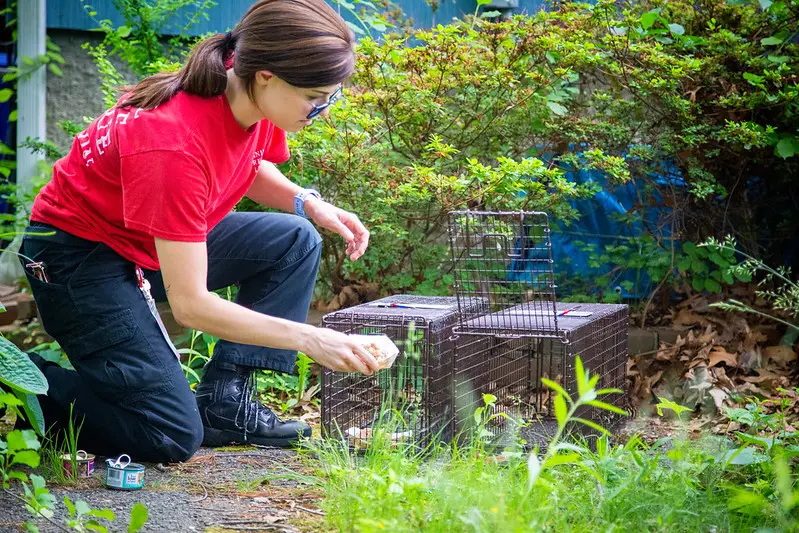Keeping Pets Safe This July 4th
Why Fireworks and Furry Friends Don’t Mix
Fireworks and July 4th go hand-in-hand; however, with towns and cities across Massachusetts cancelling annual fireworks displays, many have begun shooting off fireworks in their backyards and neighborhoods.
In 2023, the Boston Police Department received over 660 calls regarding fireworks complaints between July 1 and July 5.
But before lighting that fuse, it’s important to remember two things:
- Fireworks are illegal in Massachusetts.
- They can be incredibly harmful, especially to our pets.
Why Fireworks Are So Stressful for Dogs
Many dogs already struggle during thunderstorms, and while both storms and fireworks are loud, there’s a key difference:
Dogs can sense an approaching storm through changes in barometric pressure. Fireworks, on the other hand, are sudden, unpredictable, and startling.
“When storms happen, the barometric pressure will tell them that it’s coming; not with fireworks—and it’s so detrimental,” says Laney Nee, ARL’s Shelter Behavior and Enrichment Manager.
Fireworks can lead to anxiety and long-term behavioral issues in pets. Common signs of distress include:
- Shaking or trembling
- Drooling
- Barking or howling
- Pacing or restlessness
- Hiding or trying to escape
- Loss of bladder or bowel control
“Dogs only communicate through their voices, mouths, paws, and body language,” Nee explains. “When they’re exhibiting signs of fear and we interact with them, there’s a risk they could redirect that fear into aggressive behavior.”
The loud blasts and flashing lights can also cause pets to panic and run off. Shelters across the country often see a spike in lost pet reports around July 4th.
How to Keep Your Pet Safe
Here are some ways to protect your furry friends this holiday:
- ID First: Make sure your pet is wearing a collar with up-to-date ID tags. If they’re microchipped, confirm your contact info is current—just in case they get lost.
- Create a Safe Space: Set them up in a quiet room with their favorite toys. Turn on a TV, soft music, or a white noise machine to help mask outside noises.
- Reduce Light Exposure: If your pet is sensitive to the bright flashes, place them in a room without windows. Keep in mind: frightened animals may bolt when a door opens, so take precautions.
- Consult Your Vet: If your pet suffers from extreme anxiety, talk to your veterinarian about possible medications or calming supplements.
ARL’s FREE Pet Behavior Helpline
ARL’s Pet Behavior Helpline is a FREE service, and can answer basic behavioral questions about your pet, such as excessive barking, crate training, house soiling, or if you are looking for ways to stave off your pet’s boredom.
If you have questions, please call the Pet Behavior Helpline at (617) 226-5666 or via email behaviorhelpline@arlboston.org, and an ARL representative will get back to you within 48 hours.





















